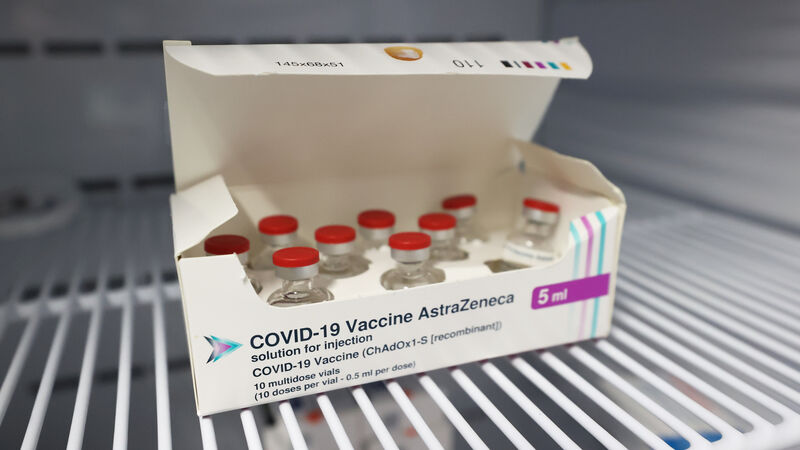Vaccine refusal rates are 'tiny' in Ireland but AstraZeneca pause caused anxiety

The Health Products Regulatory Authority said that of the 2,000 reports associated with AstraZeneca in Ireland, just seven were investigated for a blood clotting event.
The chair of the Irish Medical Organisation’s GP committee has said people are anxious about vaccine side effects but vaccine refusal rates are ”tiny” in Ireland.
Dr Denis McCauley said a lot of people were anxious to get the vaccine and most people are more worried about the effects of Covid than side effects associated with the vaccine.










